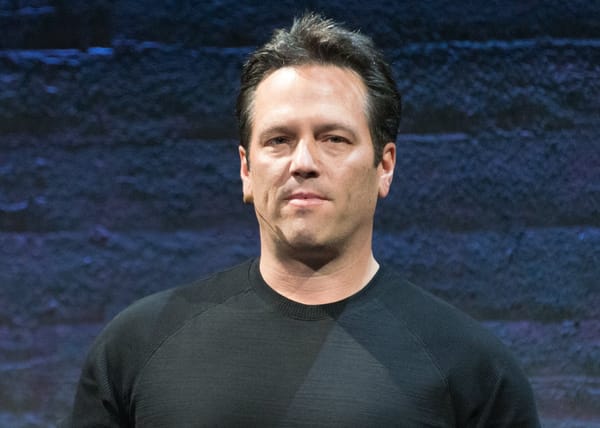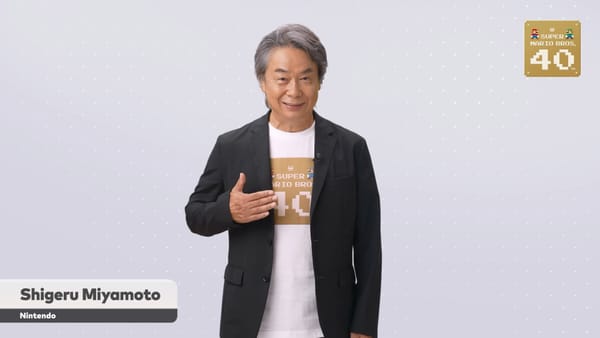My favorite games of 2023
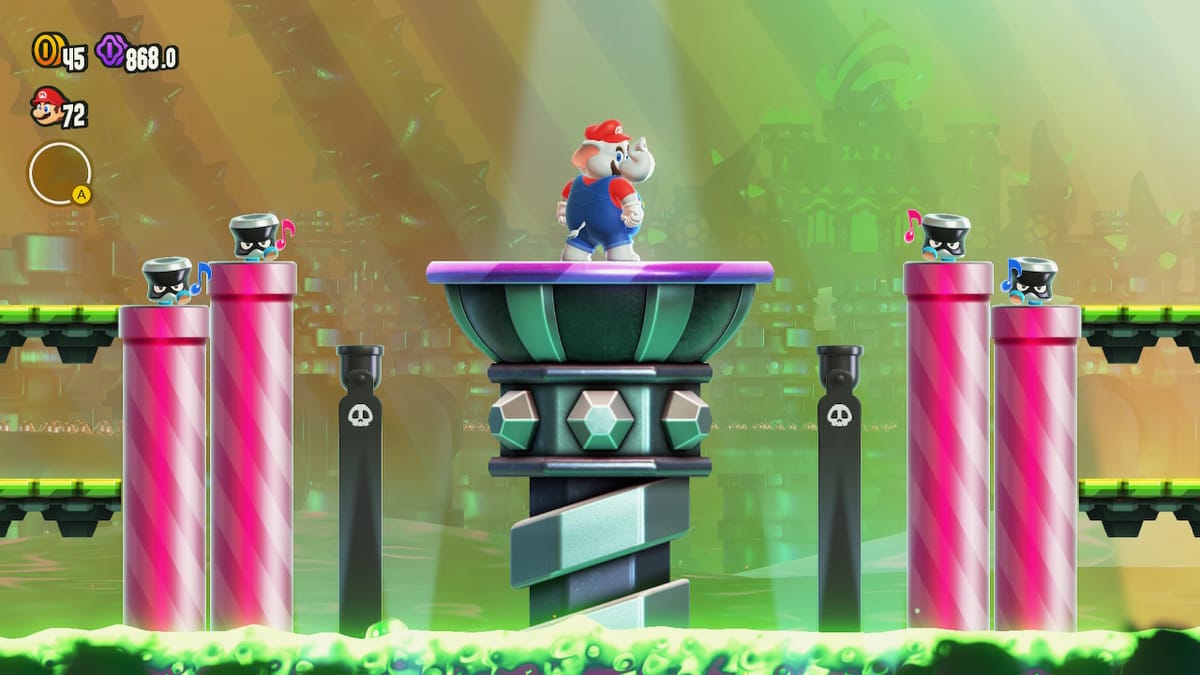
Mario, Zelda and an iOS surprise highlight a great year for games.
I do love a good top ten. Before social media or blogs, this was always an exercise I used to do for myself, keeping private lists with my favorites. I enjoy being able to reflect on the games I loved and the games that made a lasting impression over the course of a year, and it’s fun to see how my tastes have shifted over time. (For instance, for someone who has long declared a strong dislike of turn-based RPGs, I’ve spent an awful lot of time playing them in the last few years.)
It’s also good to keep myself in check: am I only playing my favorites, or am I branching out to try new things? In that sense, I am proud of the diversity of these lists; this year there’s AAA and indie games, PS5 games and an iOS game. I am continually fascinated by the different ways developers are pushing the boundaries of what it means to be a game, and I think that’s reflected on the list.
Just to be clear on the criteria for the top 10 here:
- Games had to be released in 2023
- No re-releases or remakes
- These are my favorites, so I had to actually play a game to get on the list; I never started Baldur’s Gate 3, so that’s why it didn’t make the cut
- The systems mentioned are the systems that I played a particular game on, not all the platforms it’s available for
Before we get to the top ten, a couple of other awards first…
Honorable mention
Gran Turismo 7 VR
(Sony, PlayStation 5)
I’ve always struggled to get into Gran Turismo; I’m not a huge fan of unflinching realism in racing games. But that’s what makes it work so well in VR — that attention to detail results in an unmatched feeling of immersion. I drove my real car in the game (it’s a Prius, I don’t drive an Aston Martin) and was so convinced by the effect that I was genuinely surprised to look down and see a virtual set of legs instead of my own.
My favorite game of 2023 that wasn’t released in 2023
Yakuza: Like a Dragon
(Sega, PlayStation 5)
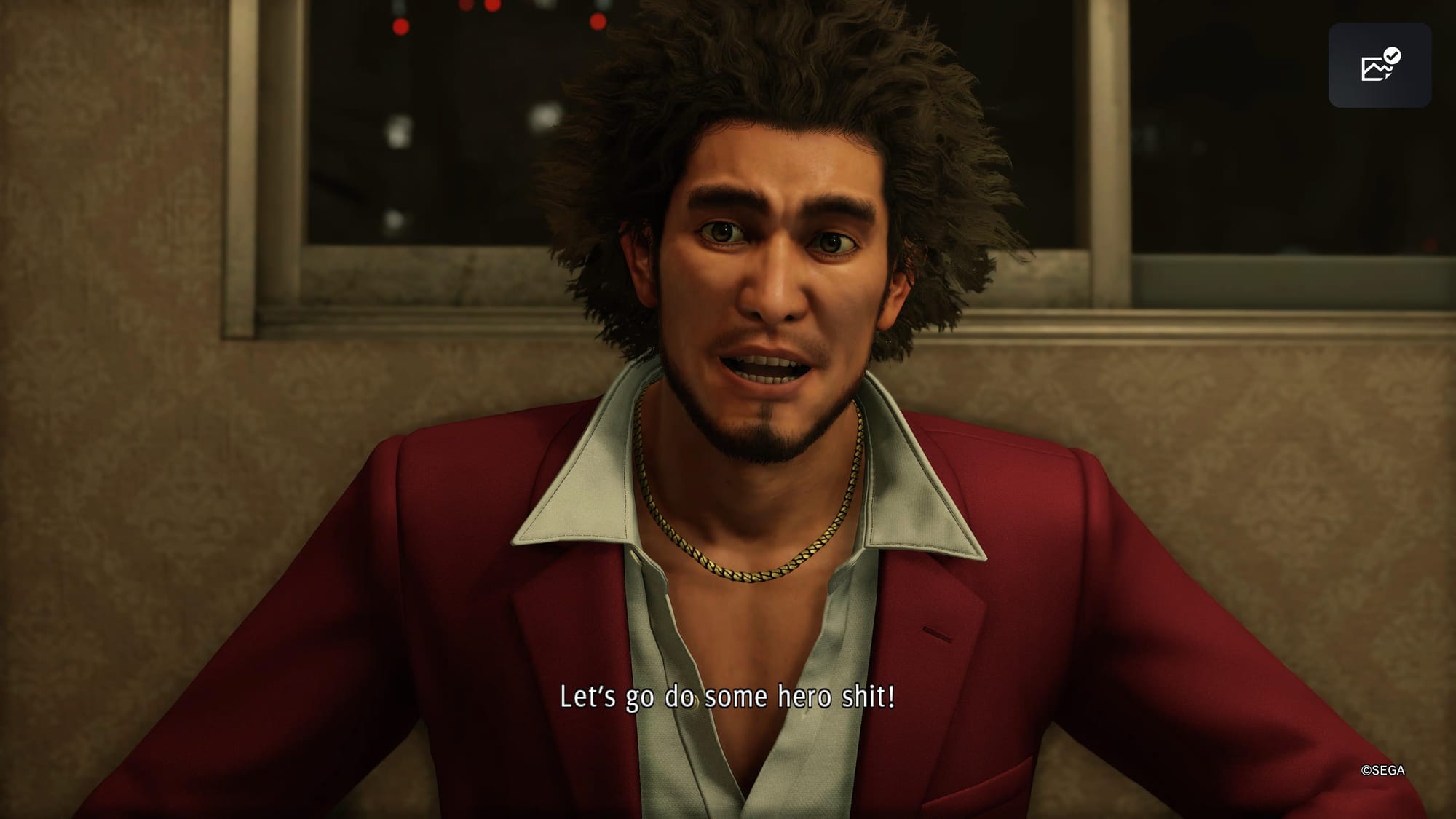
I did it: after two years (and two months), I finished playing through of all the Yakuza/Like a Dragon/Judgment games. I’m amazed I missed this series at the time, but glad I finally discovered them — especially this gem. I’ve never really been a huge fan of turn-based RPGs, but this one is so irreverent and kooky and charming that it’s impossible not to like — and impossible not to warm to the new protagonist of the series, Ichiban Kasuga. I can’t wait to play the next one — and this time, I’ll actually get to experience it at launch with everyone else.
Ten
En Garde!
(Fireplace Games, Steam Deck)
Nathan Brown at Hit Points put it best: there’s “a certain PS2 energy” to this swashbuckling pirate game. Maybe it’s the colorful graphics, the cheesy lines, or that there isn’t much to it beyond a series of fights. That’s not a complaint — not every game needs skill trees or side quests, especially when the combat is this engaging. The swordplay follows the familiar Arkham system of parries, but combines it with an emphasis on using the environment, whether it’s dropping buckets on a guard’s head or kicking someone into the sea.
Nine
Humanity
(Enhance, PlayStation 5)
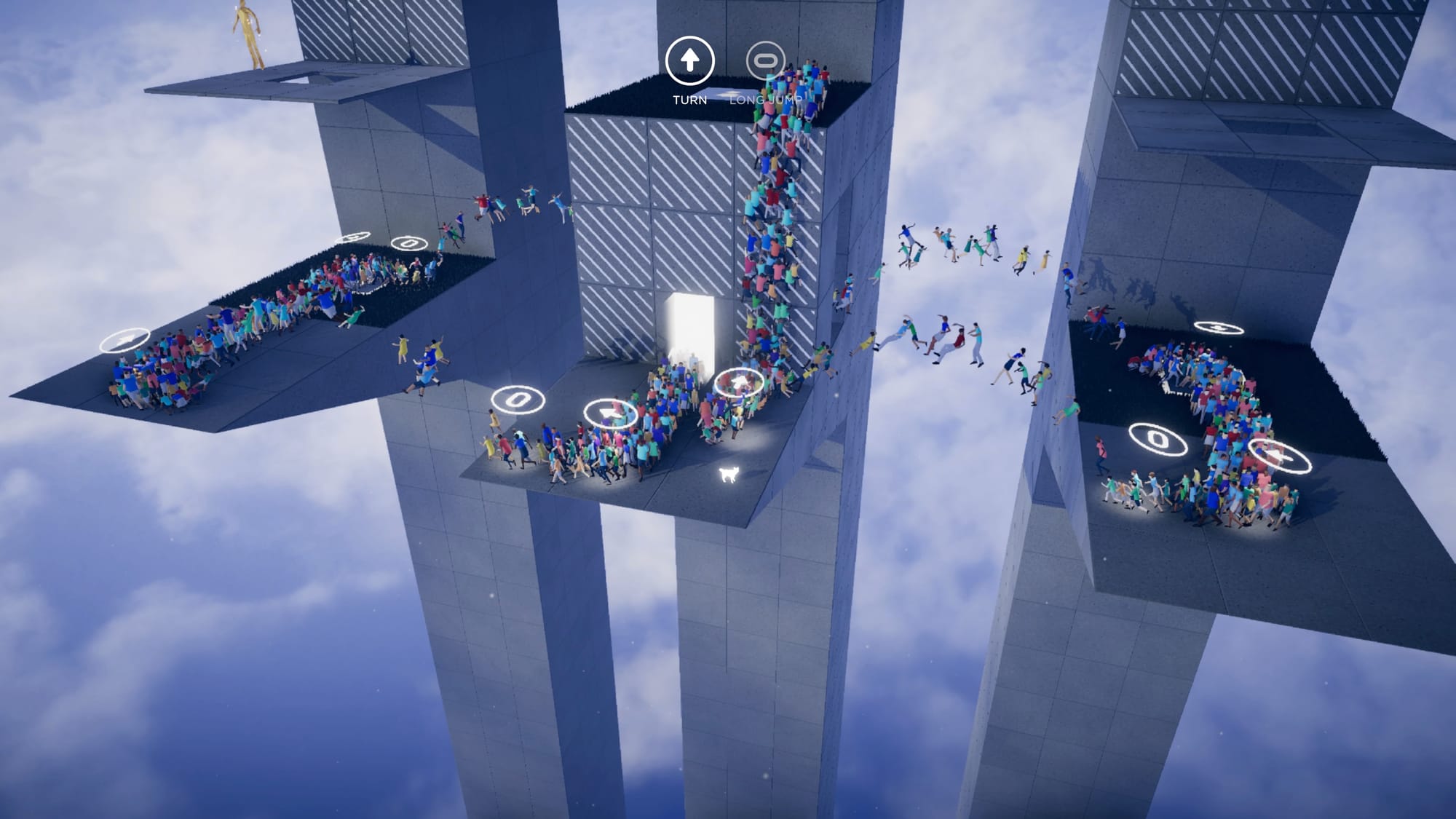
A puzzle game that’s somewhere between Lemmings and herding sheep, Humanity casts players as a dog trying to direct a never-ending stream of people towards a doorway to ascension. (Don’t ask.) I love that it doesn’t waste a lot of time; the tutorial is blissfully short and the complexity ramps up relatively quickly. A fun and unique little brain-twister.
Eight
Venba
(Visai Studios, PlayStation 5)
I’m not gonna lie: I expected Cooking Mama with Indian food. There’s a bit of that, sure. But the gameplay sequences in Venba aren’t the point really; they’re the breaks (palate cleansers?) between a quite affecting tale of an immigrant family adjusting to life in Canada. It’s executed perfectly: a short and sweet game that leaves a lasting impact.
Seven
The Exit 8
(Kotake Create, Steam Deck)
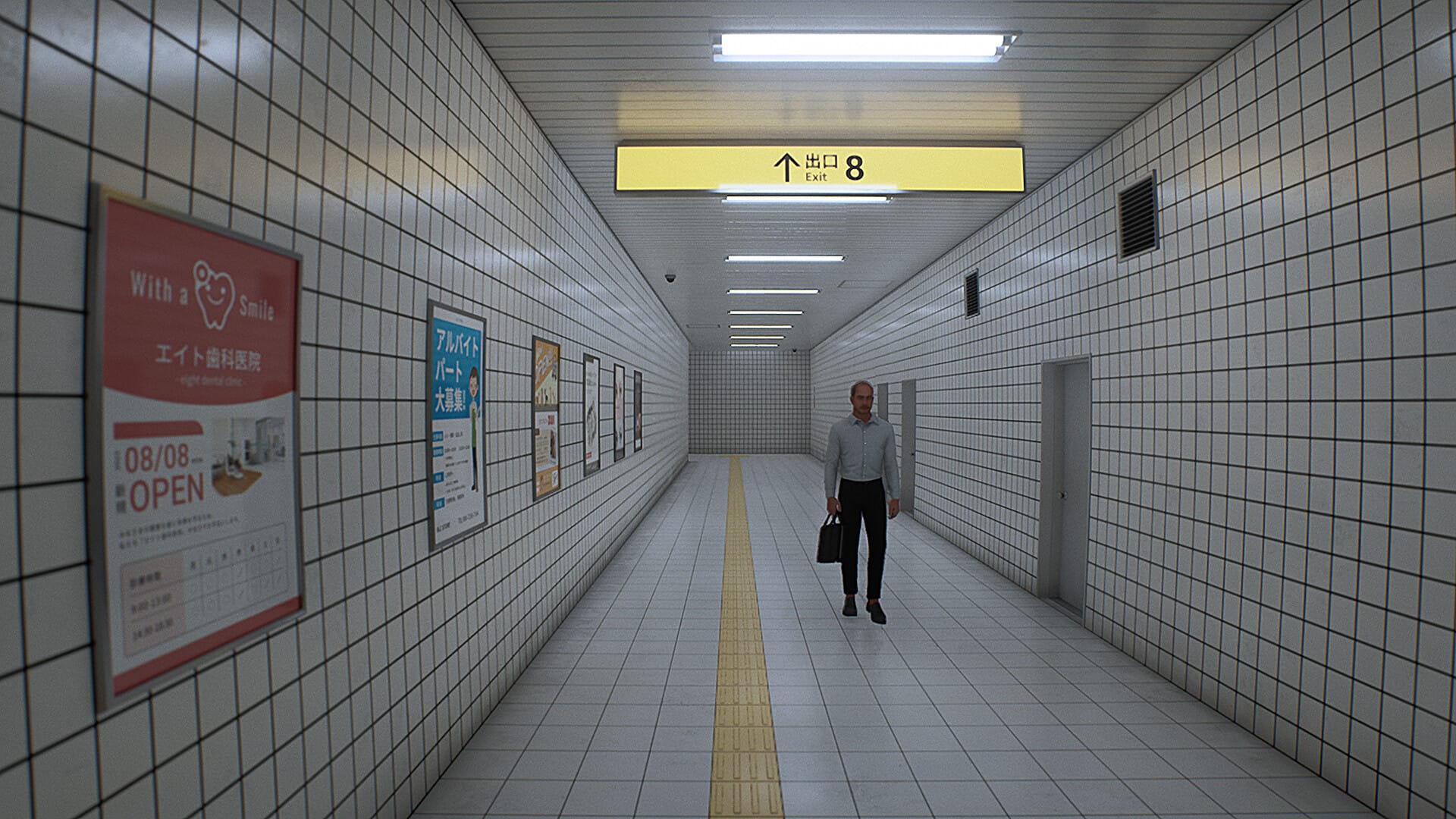
Trapped in what appears to be an endless loop of identical Japanese subway passageways, the rules of The Exit 8 are simple. You have to find exit 8 to leave the subway. If you see something strange, turn around. If not, keep going. What’s brilliant is how the experience is designed entirely around the limitations of being a small game from a small team: being set inside one (mostly) identical subway passage is the point of the experience, challenging your powers of observation to remember and spot anything out of place. It’s short — you can finish it inside 15 minutes and get to 100% inside an hour — but supremely entertaining.
Six
The Making of Karateka
(Digital Eclipse, PlayStation 5)
This isn’t really a game, yet it’s also something that’s only possible as a game. The Making of Karateka is basically an interactive exhibit, a deep dive into the creation of Jordan Mechner’s classic that mixes video clips, design documents and even playable prototypes. The history lesson I never knew I needed, packaged in a way so obviously fitting that it shows the power of this medium for more than just games.
Five
F-Zero 99
(Nintendo, Switch)
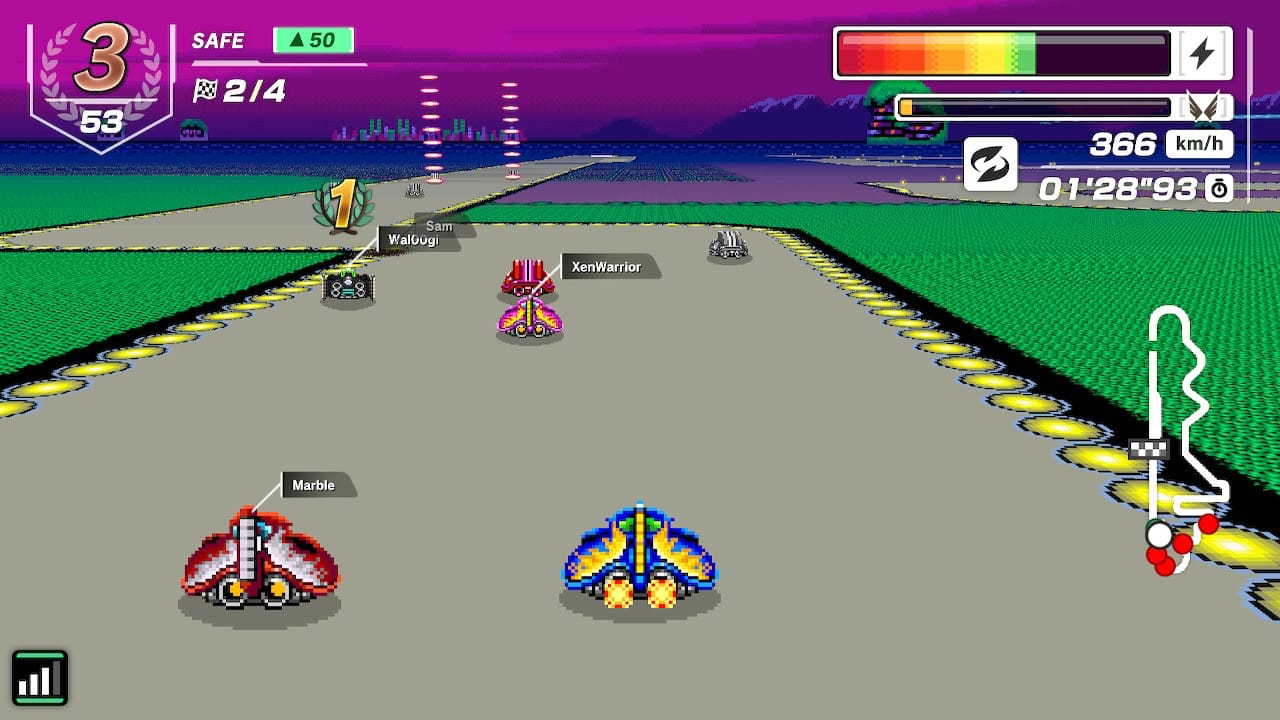
There are so many reasons to love this battle royale version of F-Zero. It’s a brilliant idea: it keeps the base gameplay from the SNES game, twitchy handling and all, and adds 98 other players all banging and jostling for position. There’s nothing like the tension of being near the front and trying to hold out — it’s a blast to play and the most fun I’ve had with online multiplayer in years. But the real reason I love it are the aesthetics. It mixes chunky pixel art with a level of detail the SNES could never manage with crisp HD backgrounds; the font mirrors the SNES logo; and best of all, adds all the amazing character artwork previously seen only in the original game’s manual. It is, visually, the perfect remastering and re-imagining of a 16-bit game.
Four
Like a Dragon Gaiden: The Man Who Erased His Name
(Sega, PlayStation 5)
This was supposed to be a short side-story, a little filler between “main” entries. So why did I spend longer in this game than any other Kiryu adventure?
The truth is… well, I’m not sure. I don’t think any area of the game stands out among the Yakuza/Like a Dragon series; but I do think it’s probably the most well-rounded of the games. The combat is excellent, the side stories are fun and topical (there’s a memorable and classically Yakuza take on ChatGPT) and the side activities like the Colosseum work really well. I don’t think this one will linger in the memory for years to come, but at the same time I sunk hours and hours into this and really enjoyed it while it lasted, and that’s what counts.
Three
Coffee Golf
(Shallot Games, iOS)
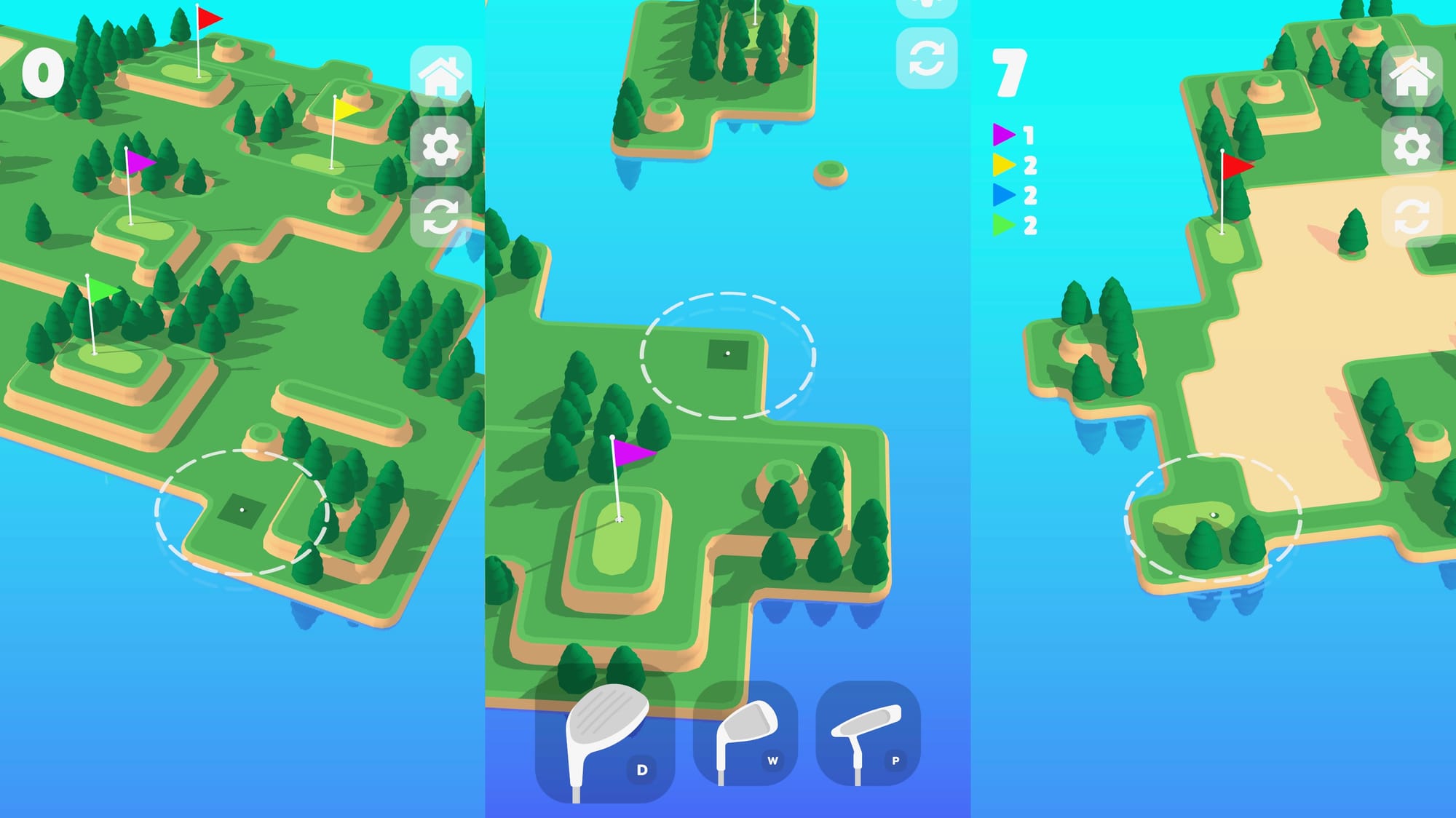
I’ve spent more time in other games, but Coffee Golf has embedded itself into my daily life like no game since Pokémon Go. A simple golf game — there are just three clubs, you pull back on your finger to swing and there is (as far as I can tell) no backspin or fade — Coffee Golf’s draw lies in its social element. Every player gets the same new course every day, with five holes scattered around. You can tackle the holes in any order, and when you’re done, you get a Wordle-like score chart to send to your friends, detailing the order of holes and the number of strokes:
Coffee Golf - Dec 27
8 Strokes - Top 1% 🏆
🟪🟥🟦🟩🟨
1️⃣2️⃣2️⃣2️⃣1️⃣
Guess what? It works. My best friend and I share our scores and marvel at how we’ll take very different approaches to the same course. I might only play for five or ten minutes a day, but I’ve played this every day without fail since July.
Two
Super Mario Bros. Wonder
(Nintendo, Switch)
The reinvention nobody realized we needed. Mario Wonder is at once a throwback and a revolution; it’s a spiritual sequel to Super Mario World and something entirely new.
Mario has always been about discovery, about scouring stages for secrets and hidden areas. Wonder certainly has its share of those — especially in the overworld, the best the series has seen since Mario World — but the best discoveries don’t actually lead to hidden areas. The game’s titular feature, triggered by grabbing a Wonder Flower, transforms stages in weird and wonderful ways, from crawling pipes to stampedes to even a musical. It brings a new sort of anticipation to Mario; you know there’s a Wonder Flower in every stage, but you have absolutely no idea what chaos you’ll unleash when you trigger it.
It’s also a gorgeous game; the effort made in taking 3D models and making them look like 2D sprites is extremely effective and gives Mario Wonder a very distinct look. It sets a new standard going forward for one of the most celebrated series in gaming.
One
The Legend of Zelda: Tears of the Kingdom
(Nintendo, Switch)
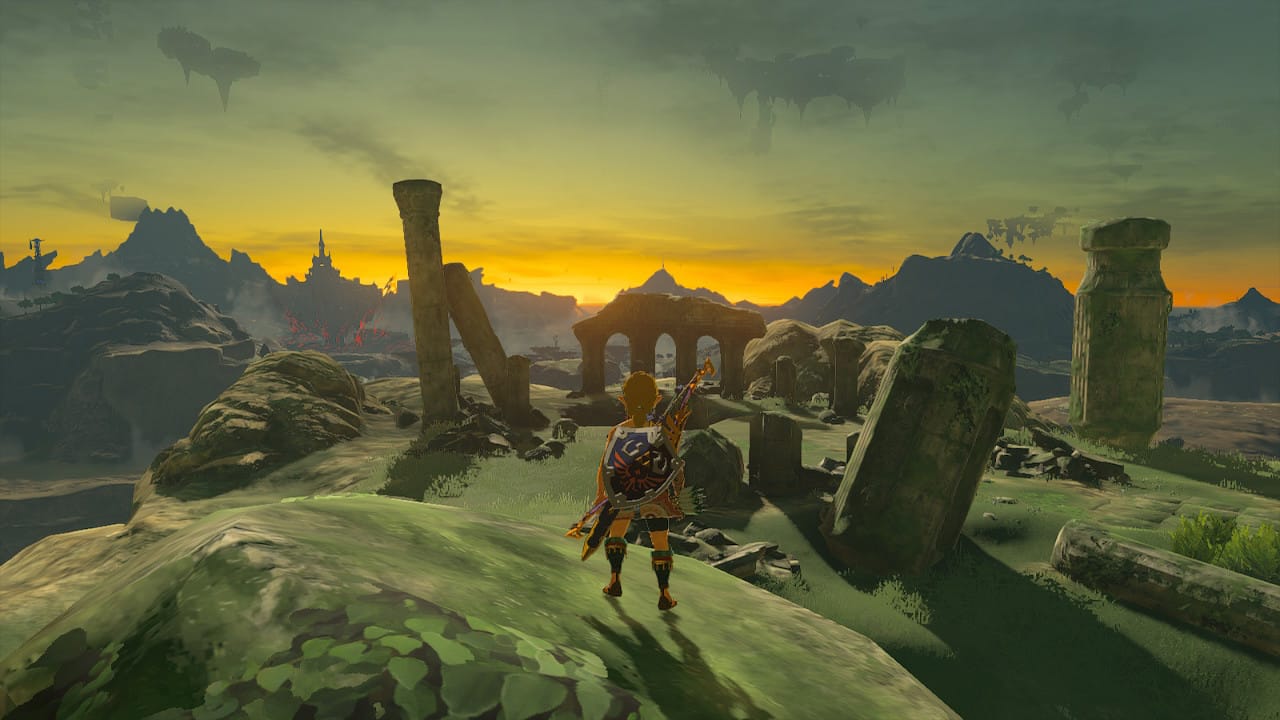
Breath of the Wild is my favorite game of all time. Tears of the Kingdom takes everything that made its predecessor so special — and turns it all up to 11.
Remember how big Hyrule was before? Okay, it’s back. But now there’s lots of caves. And islands floating in the sky above. And a whole parallel world below. There are dungeons now, except they’re not discrete spaces but are part of the open world. You can build vehicles. You can create new weapons. Companions fight beside you. Were you scared of Lynels? Good luck with the Gleeoks, massive three-headed dragons that roam the sky. Oh, and Ganondorf is back.
It feels impossible that they’ve managed to bring the magic back, especially as so much of the previous game was about exploring Hyrule. By setting the sequel in the very same land, that feeling of discovery should lose its impact. But by giving Link the power to build vehicles, weapons and more, it keeps the element of discovery but twists it around: it’s not about discovering the land itself, it’s about discovering what you can do in it, how you’ll bend the elements of that world to your will.
Speaking to NPR, director Eiji Aonuma said, “we were able to implement all of the elements that we wanted to achieve in this world and this story, so there will not be any DLC.” It’s not an empty boast: the joy of Tears of the Kingdom is seeing every idea or concept taken to the maximum possible extent. And given that Breath of the Wild was my favorite game of all time, it says everything that I genuinely think Tears of the Kingdom might be even better.
All the games I played this year
(Games completed are in bold)
A Highland Song, Coffee Golf, Detective Pikachu Returns, En Garde!, The Exit 8, F1 23, F1 Manager 23, The Frog for Whom the Bell Tolls, F-Zero 99, GoldenEye 007 (Switch/Xbox), GoldenEye 007 XBLA (unreleased Xbox 360 remaster), Good Sudoku, Ghost Trick: Phantom Detective, Gran Turismo 7, Humanity, The Legend of Zelda: Tears of the Kingdom, Like a Dragon Gaiden, Like a Dragon: Ishin!, The Making of Karateka, Mario Kart 8 Booster Course Pack, The Murder of Sonic the Hedgehog, Nour: Play With Your Food, Pokémon Scarlet: The Teal Mask, Pokémon Scarlet: The Indigo Disk, Pokémon Sleep, Red Dead Redemption, Ridiculous Fishing EX, Spider-Man 2, Starfield, Street Fighter 6, Streets of Kamurocho, Super Mario Galaxy, Super Mario Odyssey, Super Mario Bros. Wonder, Super Mario RPG, Super Mario 64, Tetris GM EX, Venba, Viewfinder, WarioWare: Move It!, Yakuza 5, Yakuza 6: The Song of Life, Yakuza: Like a Dragon.


